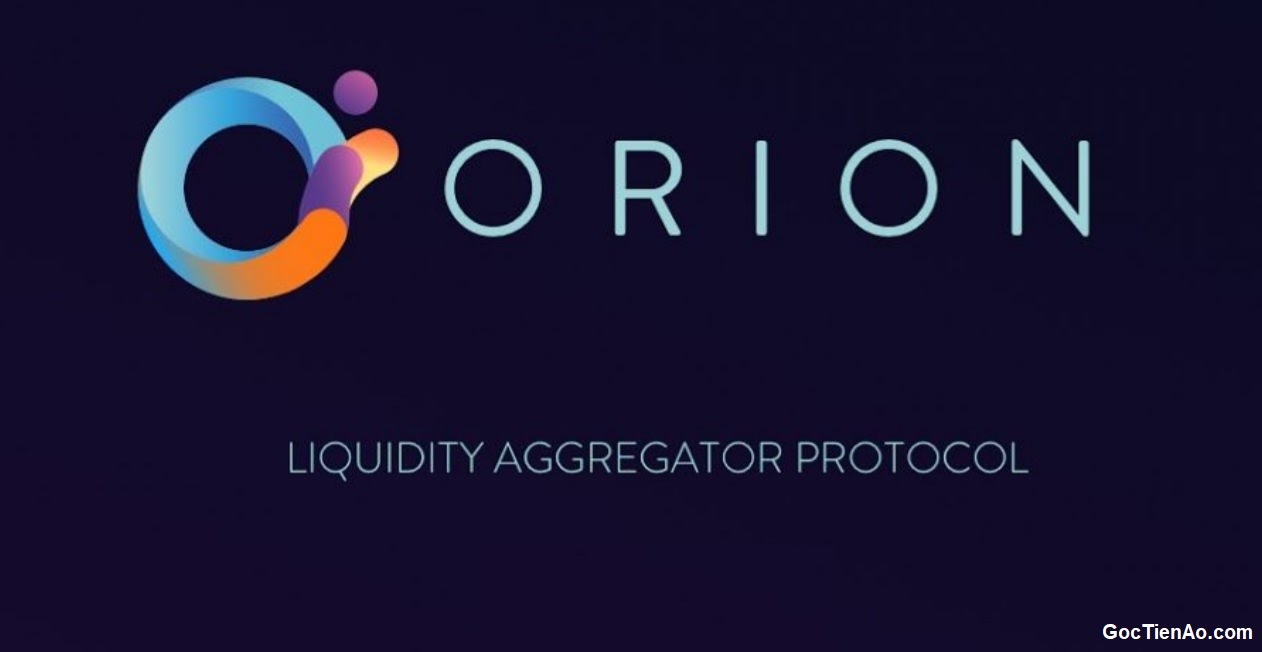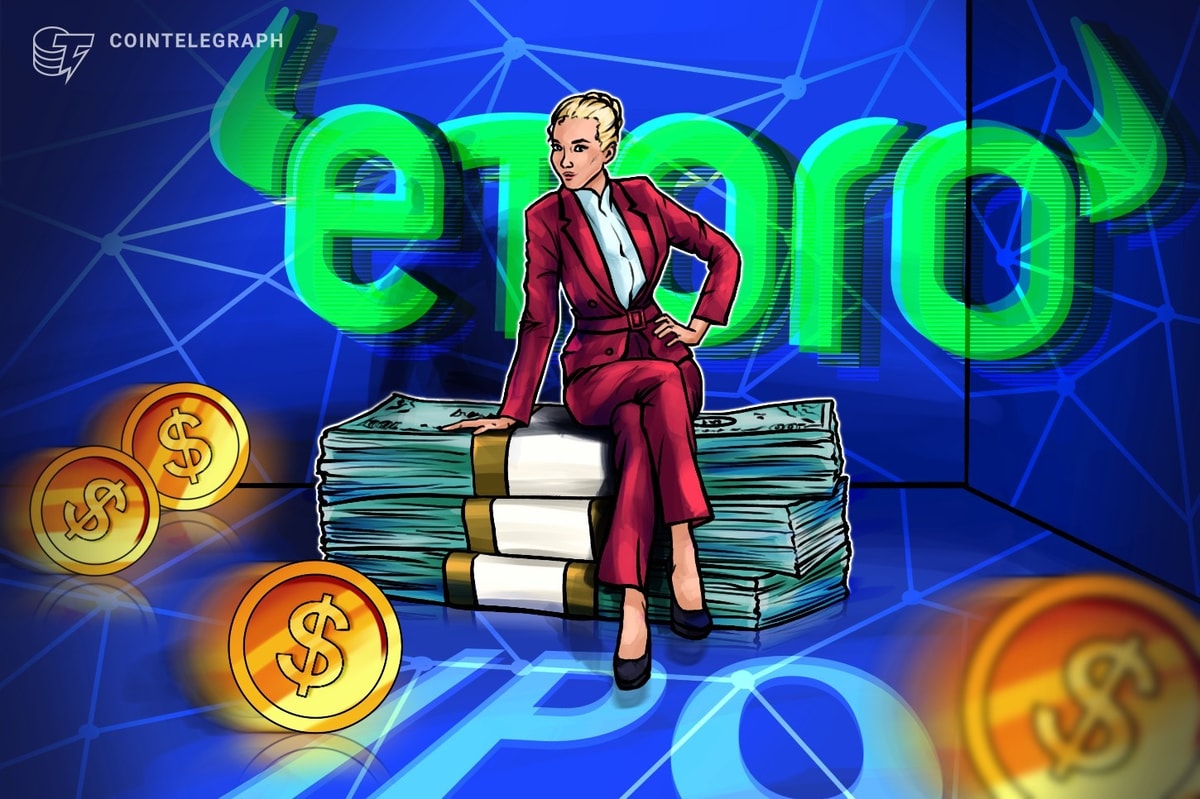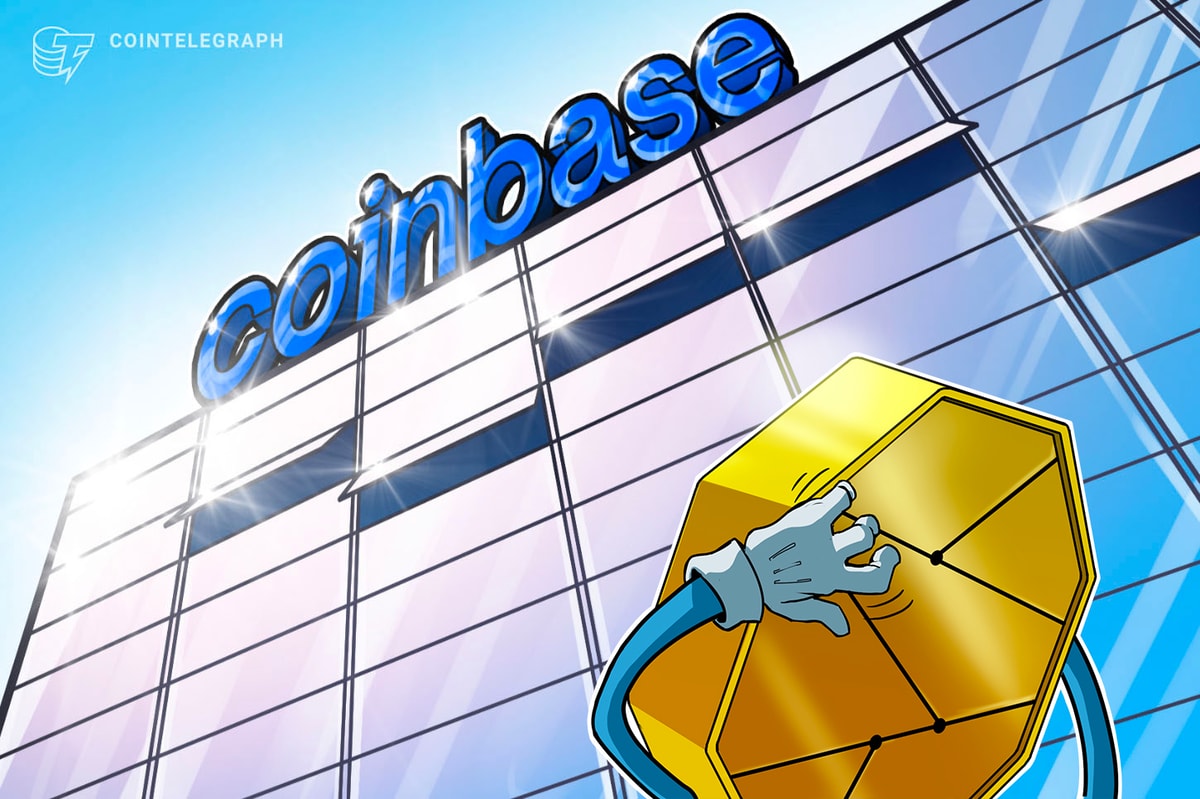What’s best for trading, CEX or DEX? There’s no simple answer to that question, for each has its advantages. Centralized exchanges typically boast deeper liquidity, faster order execution, and are more accommodating to beginners. Decentralized exchanges, however, are faster when it comes to onboarding, and allow traders to swap thousands of ERC20 tokens instantly. As a consequence, regular traders are prone to using both CEX and DEX, countering one’s weaknesses with the other’s strengths.
But what if you didn’t have to switch constantly between centralized exchanges and Uniswap to obtain superior prices and the hottest new tokens? What if there was a way to enjoy the best of both worlds, coupling the low spreads and liquidity of CEX with the trustless design of DEX? That’s the concept underpinning Orion Terminal, the first product from Orion Protocol. On December 15, the exchange aggregator will launch Phase One of its mainnet, giving traders a chance to see what all the fuss is about.
Solving Crypto’s Fragmentation Problem
Orion Protocol CEO Alexey Koloskov believes the fragmentation of the cryptosphere has resulted in illiquid markets that are suboptimal for traders and bewildering for beginners.
“While the influx of capital into the crypto space has been significant in recent years, mainstream adoption is yet to occur,” he observes. “There are tens of thousands of tokens spread across hundreds of exchanges with different interfaces, fees, and processes, and the landscape is understandably daunting for newcomers to the space.”
Orion Terminal is not the first platform to try and unite scattered crypto exchanges. Aggregators such as 1inch exchange already provide this service for DEXs, but this approach only solves half of the problem at best. What about assets that are on other chains than Ethereum or on centralized exchanges only? Similarly, CEXs are simply unable to list new tokens at will, meaning that DEXs will always be the first place to acquire undervalued ‘gems.’
In Koloskov’s view, centralized exchanges are not in competition with DEXs and vice-versa. If there is any competition, it is in the quest “to bridge the divide to create hybrid solutions that provide access to the benefits and opportunities of the entire crypto landscape, but in a totally decentralized way.”
This, above perhaps any other feature, is what makes Orion Terminal so unique, and such a game-changer for trading aggregation: users can tap into CEX liquidity without needing to custody their coins.
“Most aggregators carry ERC20 tokens only,” points out Koloskov, “while those that are multi-chain are custodial and therefore not decentralized. The liquidity aggregators that do pull from centralized exchanges are themselves centralized, custodial solutions.”
Orion Terminal promises to be a DEX in spirit; a CEX in performance.
No More Exchange Hopping
With Orion Terminal, traders can kiss goodbye to exchange-hopping. The platform’s order matching engine, fronted by a traditional exchange interface, connects to hundreds of crypto exchanges. This means that thousands of trading pairs (Orion claims 10,000) can be accessed via one portal, with real-time pricing and instant order execution.
While the mere thought of 10,000 markets is daunting, Orion has been careful to ensure that the smorgasbord of options isn’t allowed to impair the user experience. In fact, the Terminal has been designed with retail users in mind, even if pros will be the first to put the platform to the test when Phase One begins on December 15.
One point that Orion Protocol’s CEO is keen to emphasize is that he’s not out to eat anyone’s lunch or cannibalize other exchanges. According to Alexey Koloskov, Orion Terminal provides “a mutually beneficial relationship,” since “rather than taking users away from exchanges, we’re providing a decentralized point of access to their liquidity, which we see as particularly fruitful for CEXs already actively transcending into the DeFi space. This enables them to do so seamlessly, decentralizing their centralized liquidity without any additional effort, development, or costs.”
Cryptocurrency holders won’t have to wait long to find out whether Orion Terminal merely refines the exchange landscape or gives it a radical shakeup that will forever change the way we trade.
Disclaimer: The information presented here does not constitute investment advice or an offer to invest. The statements, views, and opinions expressed in this article are solely those of the author/company and do not represent those of Bitcoinist. We strongly advise our readers to DYOR before investing in any cryptocurrency, blockchain project, or ICO, particularly those that guarantee profits. Furthermore, Bitcoinist does not guarantee or imply that the cryptocurrencies or projects published are legal in any specific reader’s location. It is the reader’s responsibility to know the laws regarding cryptocurrencies and ICOs in his or her country.











